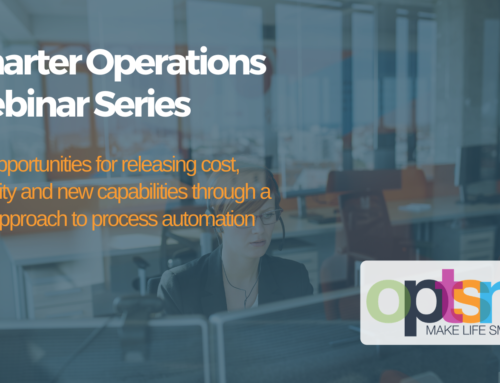During the profound changes we’ve all had to go through during the Covid-19 pandemic and ‘social distancing’ there have been many organisations realising the value of their investment in Robotic Process Automation.
This week has seen a number of stories showing how companies have been better able to cope thanks to the technology. A notable example being Leeds Building Society using robots to cope with mortgage deferment requests.
Dealing with unprecedented spikes in demand
In the Leeds Building Society example, the lender has seen a sudden increase in requests to defer payments as the country comes to terms with the impact of the crisis. More than a million people have applied to have payments and interest deferred in the UK – a massive spike in demand for all lenders.
Leeds Building Society have been a user of RPA for a number of years. It has been able to deploy robots whilst the call centre was facing unprecedented demand. Without the automation technology, they may have had to recruit and train temporary staff or hire support from a business process outsourcing provider – I can only imagine how tough that would be right now.
The process was fully automated using their digital workforce – software robots – delivering a better service for customers and creating breathing-space for front-line staff.
The advantage of having a head-start?
But what happens when you don’t have the technology close at hand. Creating an RPA capability from scratch isn’t straightforward.
Yes, it is possible to licence a robot for a few thousand pounds. But then you need a developer to tell it what to do, a business analyst to identify the opportunities – and if you’re spending that much then you’ll need more capacity to generate returns on the overall spend. Which means infrastructure, multiple robots and orchestration software.
Turning this on in a crisis doesn’t seem possible. Or is there another way?
Micro-Outsourcing: Deploying the benefits of RPA fast in a time of need
Lenders are one area of the economy experiencing increased demand right now. At the other end we have those in care and requiring support from health charities. Their plight can be easily overlooked as we all experience inconvenience and learn how to work remotely and deal with lock-down.
Imagine already having to rely on others to help you gain access to the services you need and support your daily living. What was already tough just got a lot harder.
One health charity who exists to help people with these needs suddenly found itself flooded with new cases. Already busy receiving referrals from health and care professionals, they started to see a 5-10 fold increase of ‘Crisis Referrals’ in their 2 ‘Help Hubs’ that required logging, checking and issuing to field-based case-workers for action.
The process is ideal for RPA, but there is no RPA capability internally. Instead, the charity has ‘Micro-Outsourced’ the process.
We have been able to deploy a software robot remotely. Jo – our digital worker – accesses the referrals received by email twice per day, captures the information, loads them onto the charity’s case management system and reports on its progress when done.
It has required no up-front investment in software, infrastructure or developers – and the charity’s monthly bill for the process will be less than the cost of doing it the old way.
From initial enquiry to being able to launch the process took a little over 10 days. The only involvement required from the charity’s busy staff was an initial Zoom call to show the process, a Zoom call to demonstrate and verify the process and then a series of calls to refine the process once live. A total of a few man-hours.
The result – no backlog, people in need receiving aid fast and the charity being able to get the right people in the right place to deliver to service users.






Leave A Comment